Have you ever felt overwhelmed by the sheer volume and depth of the Bible? Wondering where to start reading the Bible is a common question, whether you’re new to its pages or returning for deeper insight.
The Bible isn’t just a book; it’s a compilation of historical events, profound teachings, and divine promises. So, where to start reading the Bible to truly grasp its essence?
Engaging with Different Methods of Reading
Where to start reading the Bible might depend on your personal goals. Are you looking for a historical understanding, or are you seeking spiritual guidance?
Some might begin at Genesis, progressing through to Revelation, absorbing the biblical narrative in the order it appears.
- Wilkin, Jen (Author)
- English (Publication Language)
Others might prefer a thematic approach, which involves jumping between books that cover similar topics or events.
Why not start with a daily devotional that highlights key verses, offering a bite-sized approach to scripture that can fit easily into your morning routine?
Why Are Some Stories Repeated in the Bible?
Ever noticed how certain stories are told multiple times in the Bible? Consider this: repetition is not just a literary device; it’s a teaching tool. As we read:
“All Scripture is God-breathed and is useful for teaching, rebuking, correcting and training in righteousness.” (2 Timothy 3:16 NIV)
Each repeated story is told from different viewpoints, adding layers of understanding and insight. What can we learn from seeing the same event through different eyes? How does this deepen our understanding of God’s nature and our own?
The Gospels: A Case Study in Perspective
Take the Gospels—Matthew, Mark, Luke, and John. Each one offers a unique portrait of Jesus. Mark focuses on the Messiah’s miracles, emphasizing His divine powers.
Matthew, on the other hand, presents Jesus as the promised Messiah, tracing His genealogy and fulfilling Old Testament prophecies.
Why does Matthew include a tax collector’s detailed genealogy? What does Mark’s emphasis on miracles tell us about early Christian priorities?
Digging into Israel’s Rich Past
For those intrigued by history, starting your Bible reading with the books detailing Israel’s formation might be fascinating. Did you know that the very name “Israel” comes with a promise from God to Jacob, marking a new chapter in human history?
“Now if you obey me fully and keep my covenant, then out of all nations you will be my treasured possession. Although the whole earth is mine, you will be for me a kingdom of priests and a holy nation. These are the words you are to speak to the Israelites.” (Exodus 19:5-6 NIV)
What can we learn from Israel’s covenant with God? How does this relationship influence the broader biblical message?
Following the Footsteps of Jesus and the Early Church
Exploring the New Testament is essential for those wanting to understand the life of Jesus and the formation of the early church.
Where to start reading the Bible to learn about Jesus might lead you to the prophetic books of the Old Testament, which set the stage for His arrival, or directly to the Gospels, which detail His life and teachings.
What does Jesus’s fulfillment of prophecy tell us about God’s plan? How did the early church take shape in the aftermath of His resurrection?
“And he said, ‘The Son of Man must suffer many things and be rejected by the elders, the chief priests and the teachers of the law, and he must be killed and on the third day be raised to life.'” (Luke 9:22 NIV)
Conclusion: Where to Start Reading the Bible?
Deciding where to start reading the Bible is a personal journey that depends on your interests and spiritual needs.
Whether you begin with the historical narratives of the Old Testament, the teachings of Jesus in the New Testament, or the prophetic books that bridge the two, each step in this journey can offer profound insights and spiritual growth.
Remember, the Bible is a treasure trove waiting to be explored. Each reading can provide new revelations and deeper understanding, enriching your spiritual life and connection to the past. So, where to start reading the Bible? Anywhere your heart leads you—just begin.


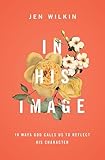

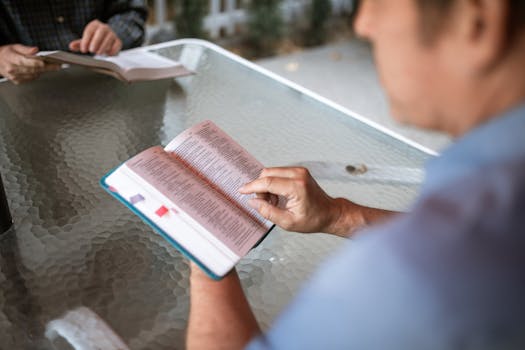


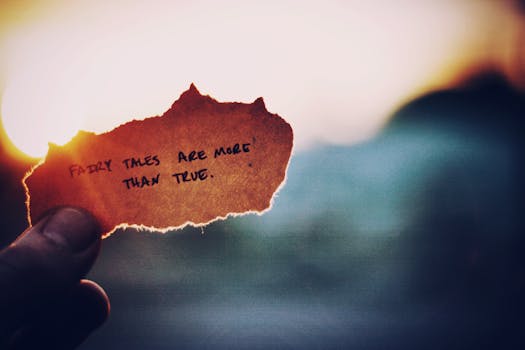




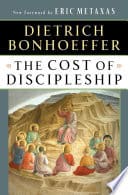
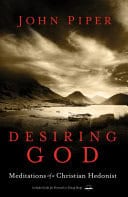




Leave a Comment